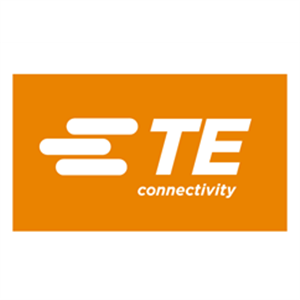高级仿真工程师

1.8-2.5万·14薪
人 · 硕士 · 3-5年工作经验 · 性别不限2025/04/18发布
五险一金专业培训年终奖金补充医疗保险
上海
低价好房出租>>漕河泾现代服务园大厦-A5号楼